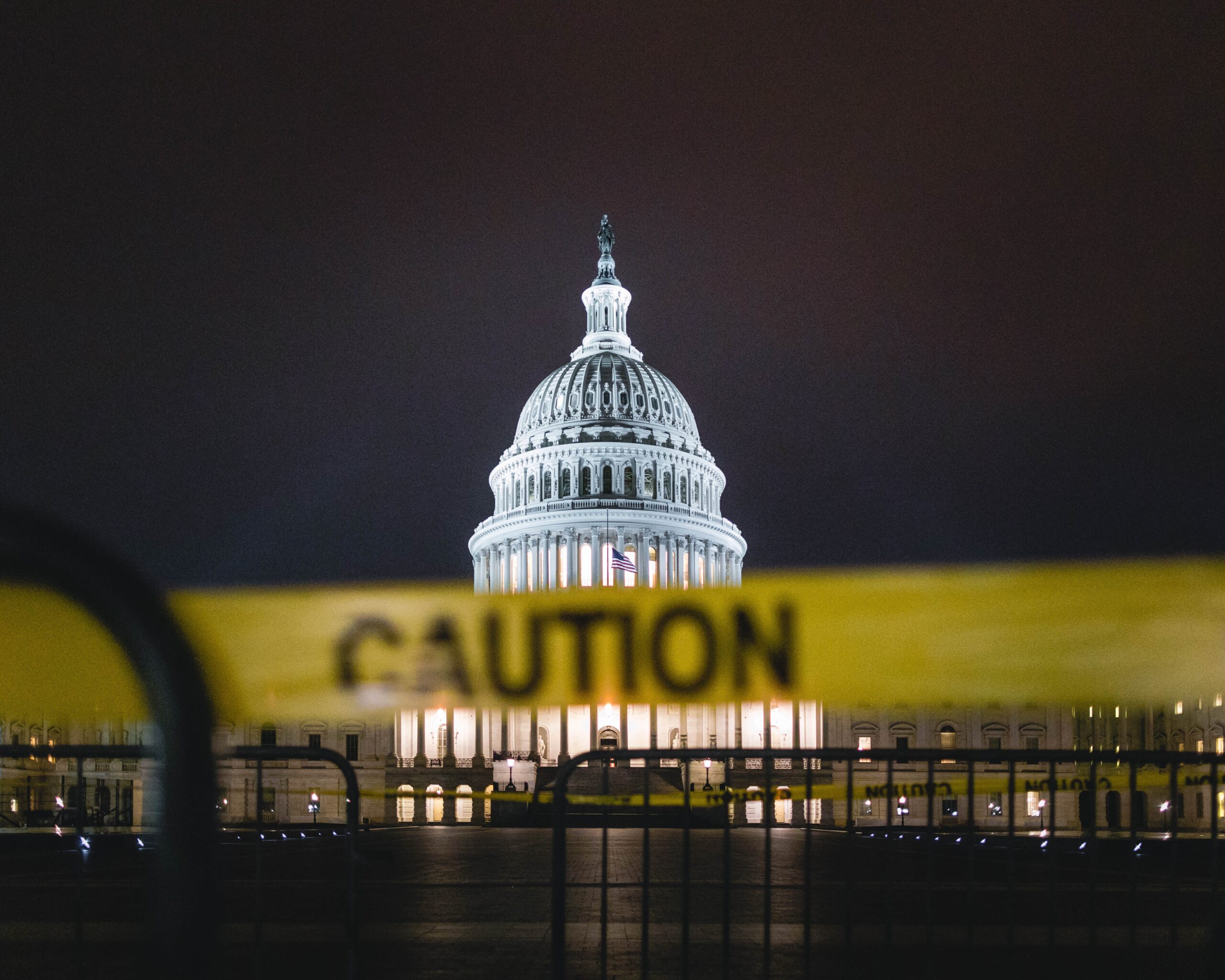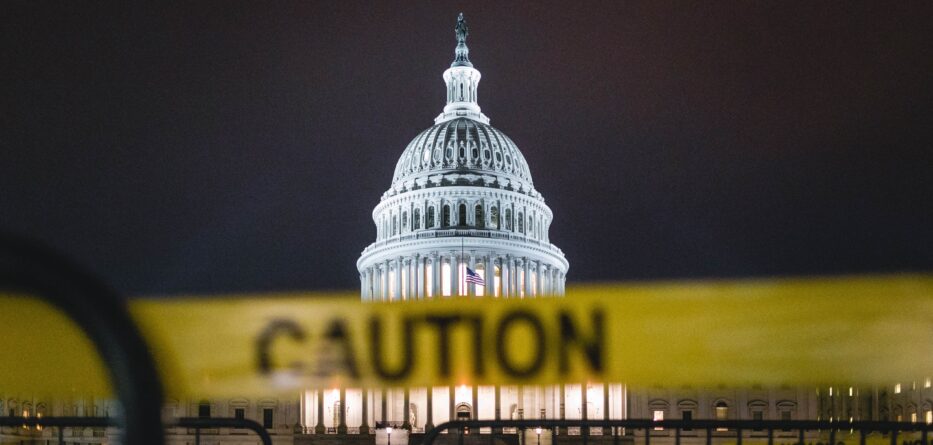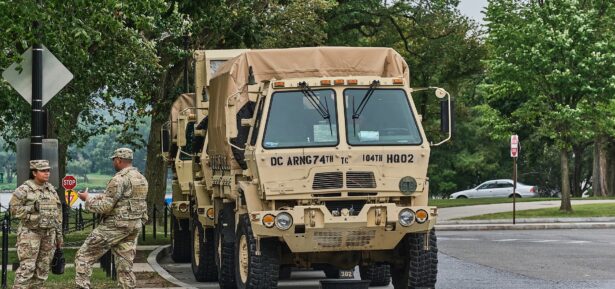
Credit: Unsplash
Preparations Underway as Government Shutdown Looms: What to Expect
With a government shutdown looming, federal agencies are bracing for potential disruptions to critical government services. The White House has issued advisories to federal agencies to prepare for a possible shutdown, as negotiations to fund the government have stalled. This follows a history of 21 government funding gaps since 1976, raising concerns about the impact on federal employees and the public.
While the exact outcome of the ongoing negotiations remains uncertain, the typical contours of a government shutdown are well-known in Washington. Most agencies have formulated contingency plans to navigate through this turbulent period.
A government shutdown entails suspending many government operations until Congress restores funding. For hundreds of thousands of federal employees, this translates into either furlough without pay or continuing to work without compensation. The public can expect disruptions to various government services, potentially affecting daily life.
One particularly concerning aspect highlighted by the White House is the potential suspension of vital programs, including nutrition and immunization assistance provided through the Special Supplemental Nutrition Program for Women, Infants, and Children (WIC). Nearly seven million women and children could lose access to essential food assistance, and the federal contingency fund supporting the program could quickly deplete.
The closure of national parks and museums is a highly visible consequence of a government shutdown, impacting tourists and local economies. For instance, officials in Arizona have pledged to utilize lottery revenue to keep the Grand Canyon National Park open, emphasizing the financial strain this could impose on communities dependent on tourism.
https://x.com/business/status/1706964506264424825?s=20
Shutdowns can also disrupt private sector operations. During the last shutdown, inspections of chemical factories, power plants, and water treatment facilities halted as the Environmental Protection Agency furloughed thousands of workers. The Food and Drug Administration suspended routine food safety inspections, placing added pressure on restaurants and grocers. Scientific research projects and government labs may also face closures, hampering scientific endeavors.
Despite the looming shutdown, certain agencies will continue their critical functions. Federal prosecutors, investigators, postal workers, and Transportation Security Administration employees are expected to work without pay until funding is restored. Benefits such as Medicare, Social Security, and veterans’ medical care will remain unaffected.
However, even for agencies where workers continue their duties, support operations, and planning may be suspended, potentially complicating their work.
Determining which workers are deemed essential varies by agency and is based on the necessity to protect life and property. Agencies like the Department of Health and Human Services plan to retain approximately 58 percent of their employees during a shutdown. At the same time, the Justice Department anticipates closer to 85 percent of employees continuing to work.
As the government funding deadline approaches, President Biden has emphasized the wide-ranging impact a shutdown could have, affecting everything from food safety to cancer research to Head Start programs for children.
In anticipation of these potential disruptions, the Office of Management and Budget regularly guides federal employees on what to expect when a government shutdown is impending.
While negotiations continue, agencies and the public remain on alert, prepared to navigate the challenges and uncertainties that may arise during a government shutdown.
Biden Family Once Again Making Headlines
Meghan Markle Considering A Political Debut
-
Credit: Shutterstock Consumer slowdown and weak job growth raise concern The economist who sounded the alarm before the 2008...
-
Credit: Shutterstock Court says only a Senate-confirmed board has that power A federal judge has blocked the Trump administration’s...
-
Credit: Shutterstock “Workers Over Billionaires” rallies aim to send a national message Labor Day is shaping up to be...
-
Credit: Shutterstock Safety crackdown or political power play? The Trump administration has warned California, Washington, and New Mexico that...
-
Credit: Shutterstock Justice reform or political theater? President Trump has never shied away from bold moves, and his latest...
-
Credit: Shutterstock In a political twist that could have come straight out of a financial drama, Federal Reserve Governor...
-
Credit: Shutterstock When the Law Becomes a Chessboard, the People Always Lose Alina Habba, best known as one of...
-
Credit: Shutterstock Jeanine Pirro’s new policy is shaking up law, safety, and politics Washington, D.C., just got hit with...
-
Credit: Shutterstock Massachusetts Mom Detained for 20-Year-Old Marijuana Conviction A Massachusetts mother who has lived legally in the U.S....
-
Credit: Envato Elements Over 6,000 Students Had Their Visas Revoked The Trump administration has revoked over 6,000 student visas,...
-
Credit: Shutterstock Detainees Facing a Health Crisis Florida’s remote detention site known as Alligator Alcatraz has become a lightning...
-
Credit: Shutterstock Mayor Muriel Bowser took a sharply different tone Tuesday night, urging residents to “protect our city” in...




















